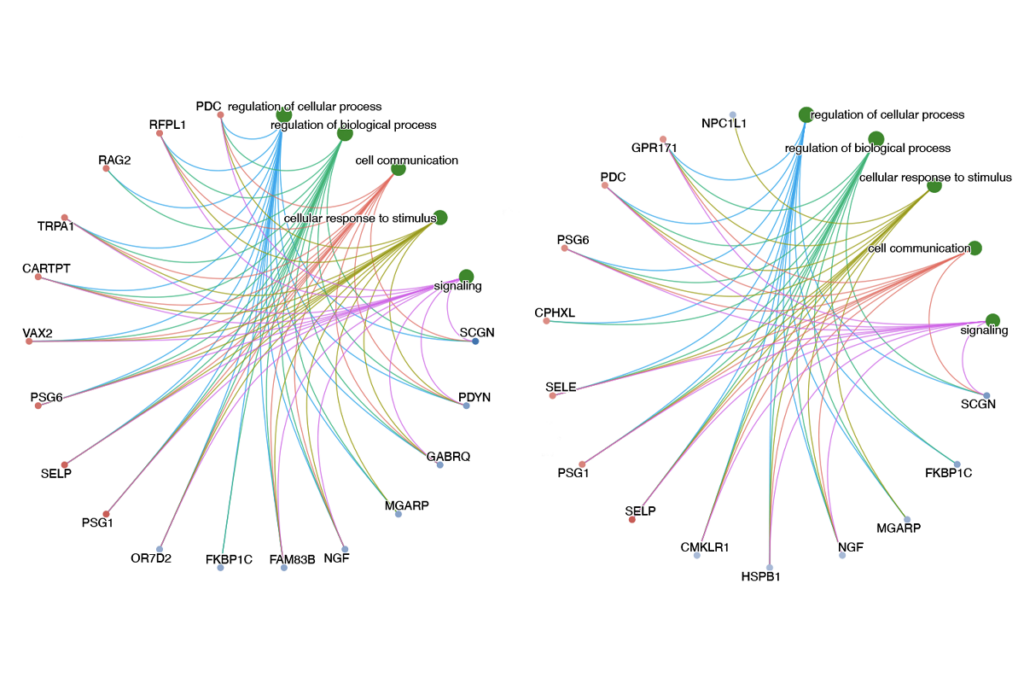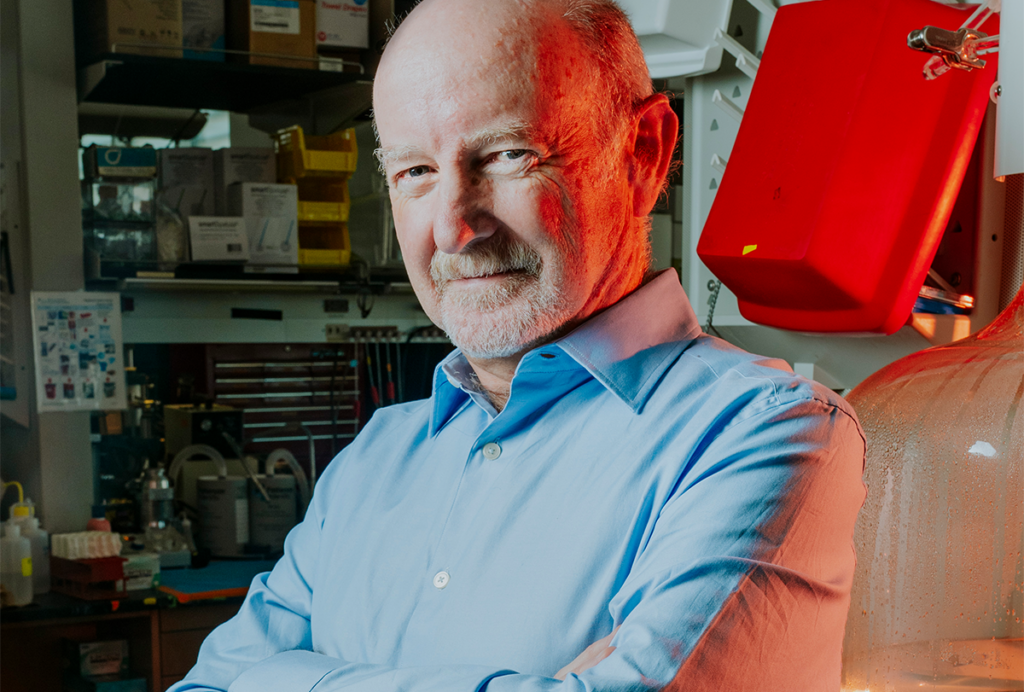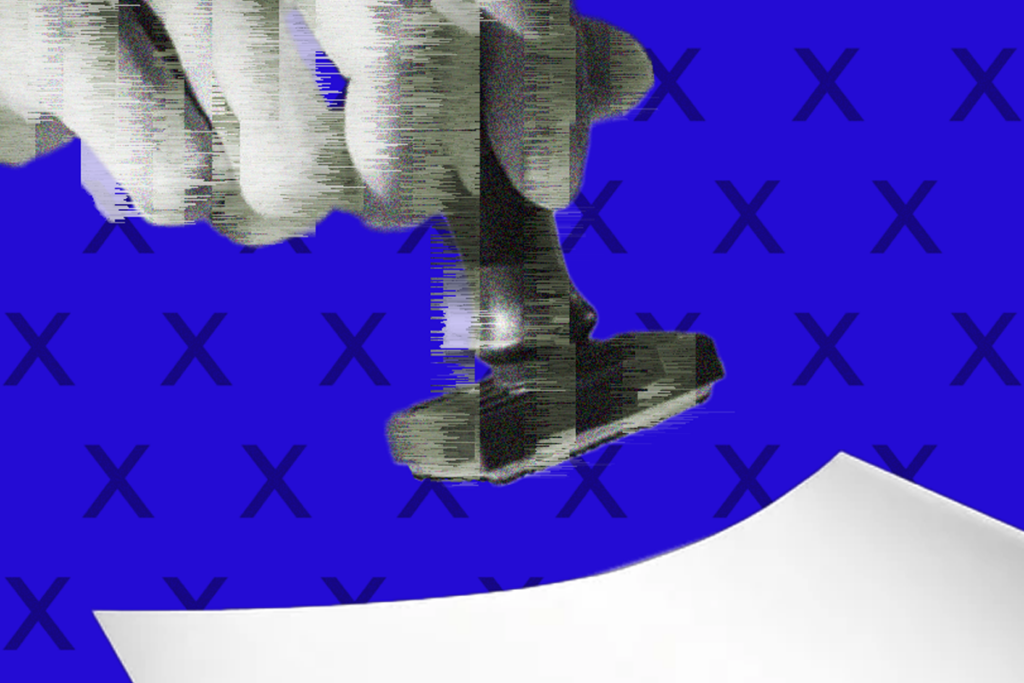Genetics: Identical twins not so similar
Identical twins can be genetically different, which could explain why they do not always share disorders such as schizophrenia or autism, according to a study published in March in PLoS One.
Identical twins can be genetically different, which could explain why they do not always share disorders such as schizophrenia or autism, according to a study published in March in PLoS One.
Identical twins develop from one fertilized egg, and so start out with the same genetic information from each parent. But only 48 percent of identical twins in the case of schizophrenia, and 60 percent in the case of autism, share the diagnosis. Environmental effects and epigenetic factors — differences in gene expression that do not alter the DNA sequence — could explain this phenomenon.
Several studies in the past few years have linked copy number variations, or CNVs — deletions or duplications of DNA — with both schizophrenia and autism.
In 2009, researchers proposed the controversial hypothesis that mutations that occur after fertilization can also cause neurological disorders.
In the new study, the same research team looked at two pairs of discordant identical twins — meaning only one of the two children has schizophrenia — for CNVs.
The twins in one family have 15 spontaneous or de novo CNVs that are not inherited from their parents. Of the 15, 3 are present only in the twin with schizophrenia, and 7 only in the healthy twin. In the second family, 8 of 25 de novo CNVs are present only in the twin with schizophrenia and 7 are unique to the healthy twin.
Three of the de novo CNVs identified in this study — including one, 19q13.41, that is present in a twin with schizophrenia — are not listed in the database of genomic variants.
The DNA sequenced in the study is from blood, so it does not confirm that these genetic differences also exist in the brain. In both cases, the twin without schizophrenia has a diagnosed neurological disorder: bipolar disorder in one case and an episode of major depression in the other.
Correction: This article has been modified from the original. It has been changed to correct an error in the paper on the specifics of the de novo mutations.
Recommended reading

PTEN problems underscore autism connection to excess brain fluid

Autism traits, mental health conditions interact in sex-dependent ways in early development

New tool may help untangle downstream effects of autism-linked genes
Explore more from The Transmitter

Newly awarded NIH grants for neuroscience lag 77 percent behind previous nine-year average

